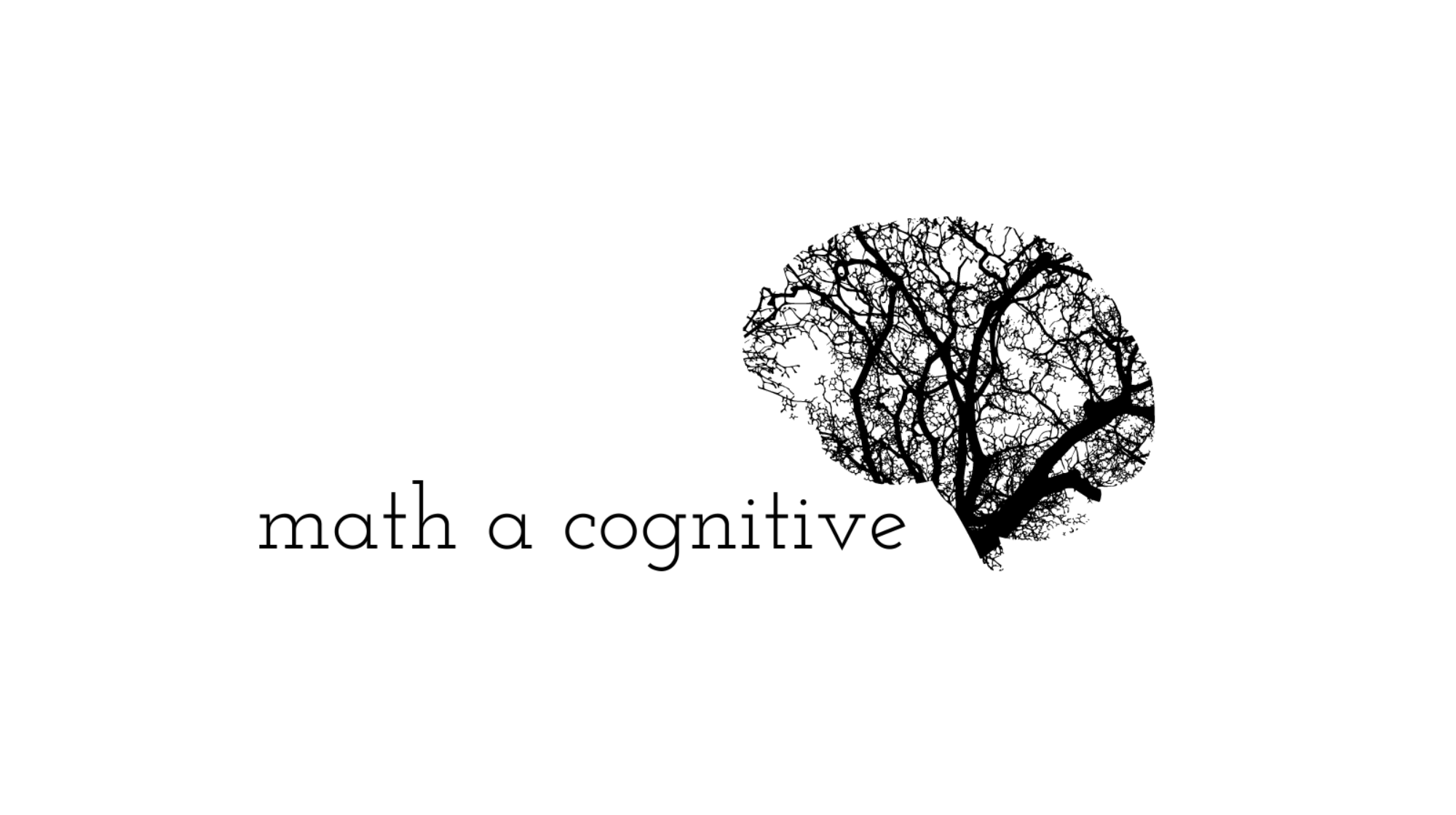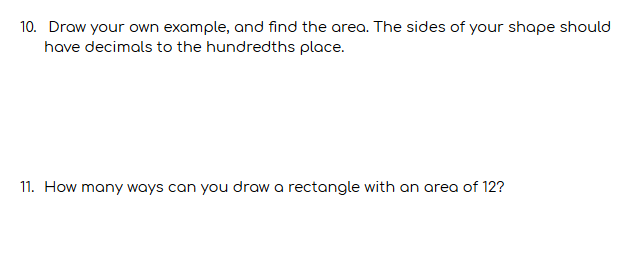Challenge
A couple of my favorite lessons, recently, have been basically amp’ed up task cards.
I call them “challenges”, because it sounds more motivating than tasks, and make each challenge rather bigger than some of the (often-elementary-grades) card sets I see online. Last night, 7 cards took my fastest group about an hour.
I love how easy it makes differentiation, and how many different kinds of thinking we can get in one class.
For a lesson like this, where the cards are the class, I’m sequencing them so I can gradually increase the challenge and cover the content in an order that makes sense.
For a couple of topics, we’ve learned a topic without any stand and lecture moments, just cards and small groups and conversations when questions come up. (To be fair, I’m strategic about these topics – area of a quadrilateral is pretty gentle learning curve, I don’t know that I’d try that with introducing algebraic equations)
So, while I’m loving cards, I pulled together a few of my favorite stems (and a few examples)
- Read and summarize
- Look at a (completed) example problem, make observations about how it was solved
- Complete guided notes (I’ll break format to give them a card with the instructions + a copy of the notes to keep)
- Vocab: matching words and definitions, or a card pointing to a quizlet set.
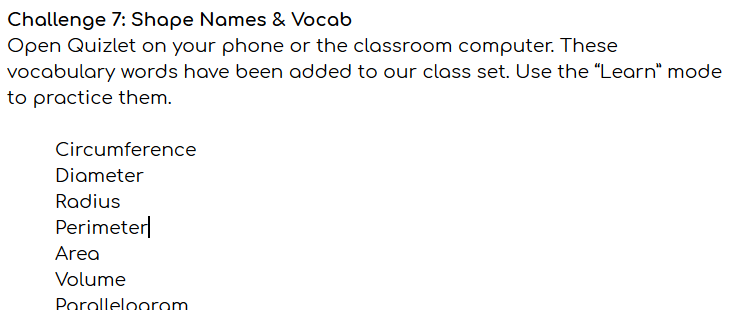
- Put the steps in order and/or match a description of a step to its mathematical representation
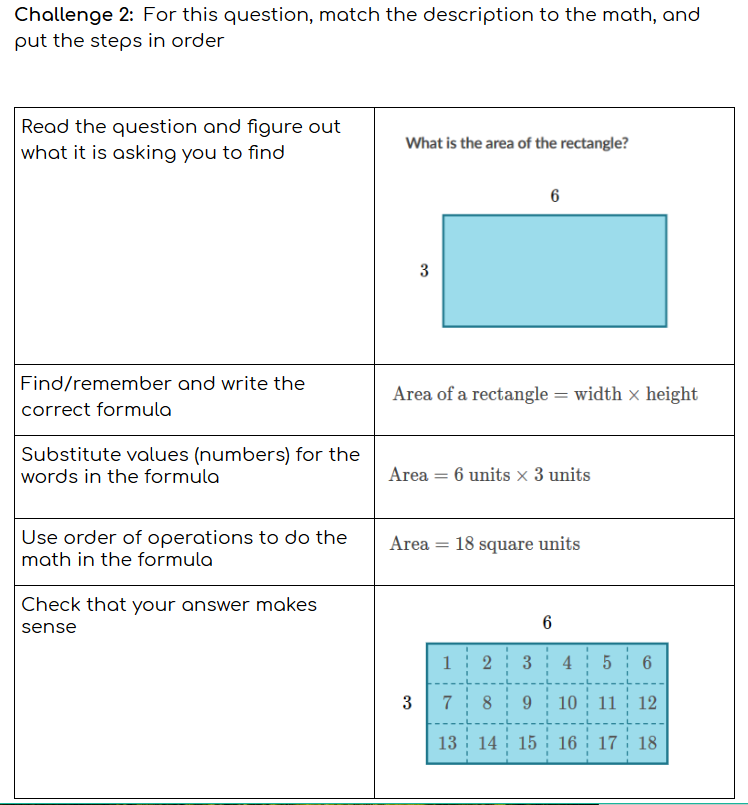
- Solve a few problems (usually a few cards in a class set with different kinds of problems) plus or minus a reflection question.
- A mini-sort or search
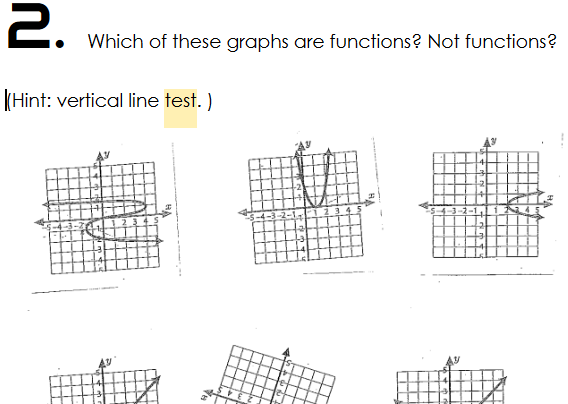
- How is ___ similar or different from ___ ?
- Guess and google
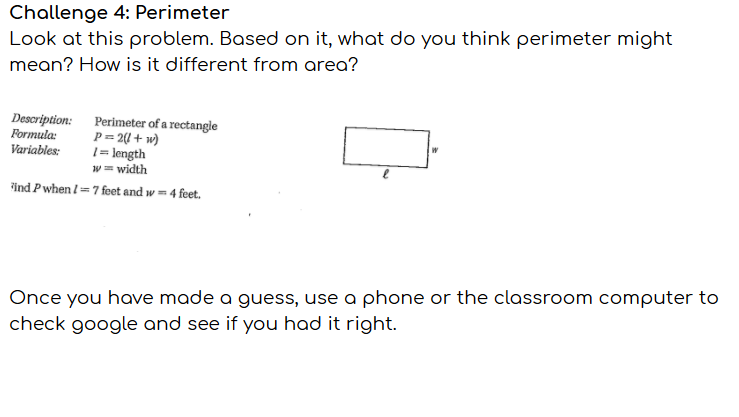
- A challenge to preview the next lesson
My sequencing mostly follows a pretty familiar pattern: some input-y cards (reading, examples etc.) some supported practice (sorting steps etc.), independent practice, then challenges or create your own.
One of my secret-but-not-really objectives is that they’re learning skills for independent learning. Being able to look at and make sense of an example problem, or a paragraph of math book, or to make a guess and then check it, will serve them well when they get to college math homework.
And, challenge cards do a good job of demonstrating that they can learn something without me standing at the board with the answers. (My adults, having gone through mostly-not-successful school already often have pretty traditional ideas about what math class should look like)
